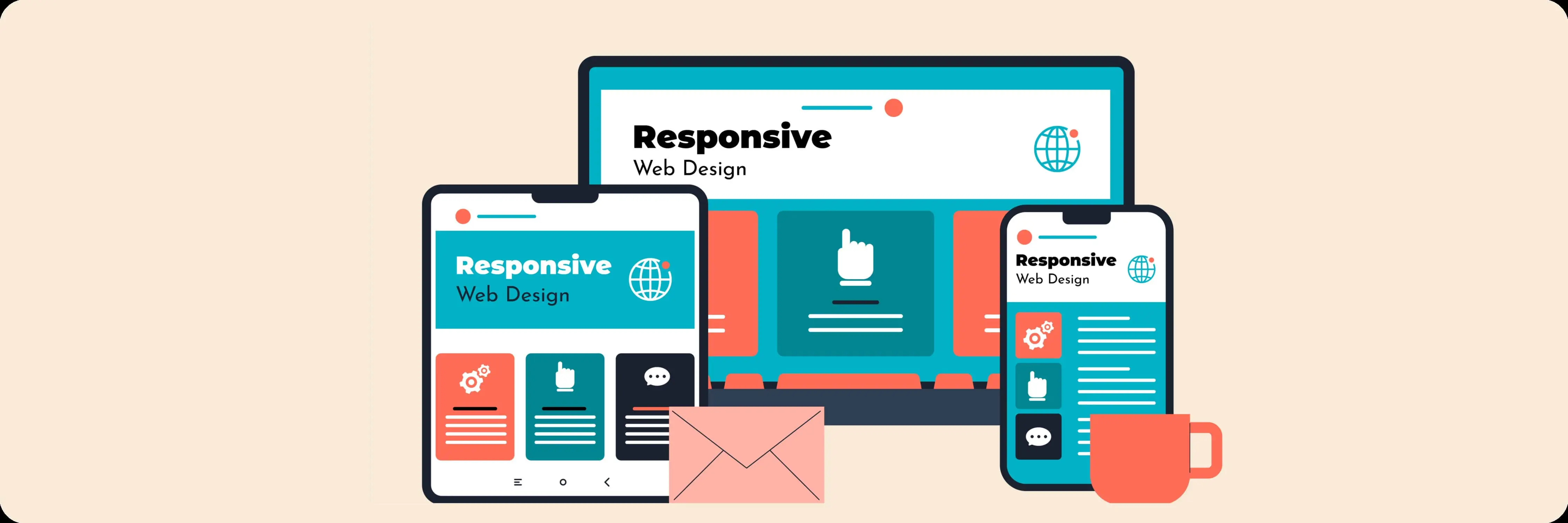
In today's digital age, having a responsive website is not just a nice-to-have—it's essential for success in the online marketplace. Responsive web design ensures that your website adapts seamlessly to different screen sizes and devices, providing users with a consistent and optimized experience no matter how they access your site. In this blog post, we'll explore some of the key benefits of responsive web design and why it's a smart investment for businesses of all sizes.
One of the primary benefits of responsive web design is that it delivers a superior user experience across all devices. Whether a user is browsing on a desktop computer, tablet, or smartphone, a responsive website adjusts its layout and content to fit the screen size and resolution, ensuring that users can easily navigate and interact with the site. By providing a seamless and user-friendly experience, responsive web design can help increase engagement, reduce bounce rates, and improve overall satisfaction.
With the widespread adoption of smartphones and tablets, mobile traffic has surpassed desktop traffic in recent years. A responsive website ensures that your content is accessible and readable on mobile devices, allowing you to tap into this growing audience and drive more traffic to your site. By optimizing for mobile users, you can expand your reach, attract new visitors, and stay competitive in today's mobile-first world.
A responsive website is not only more user-friendly, but it also tends to perform better in terms of conversions. When users have a positive experience on your site—regardless of the device they're using—they're more likely to engage with your content, complete transactions, and take desired actions. By optimizing your website for all devices, you can create a seamless and frictionless user journey that encourages visitors to convert into customers.
Search engines like Google prioritize mobile-friendly websites in their search results, making responsive web design essential for maintaining a strong presence in search engine rankings. With a responsive website, you can avoid issues like duplicate content and poor mobile usability, which can negatively impact your SEO performance. By providing a consistent and optimized experience across all devices, you can improve your site's visibility, attract more organic traffic, and ultimately, achieve better rankings.
Maintaining separate websites for desktop and mobile users can be time-consuming and costly. With responsive web design, you only need to manage and update one website, reducing development time, maintenance costs, and complexity. Additionally, a responsive website future-proofs your investment by ensuring compatibility with new devices and screen sizes as they emerge, saving you time and money in the long run.